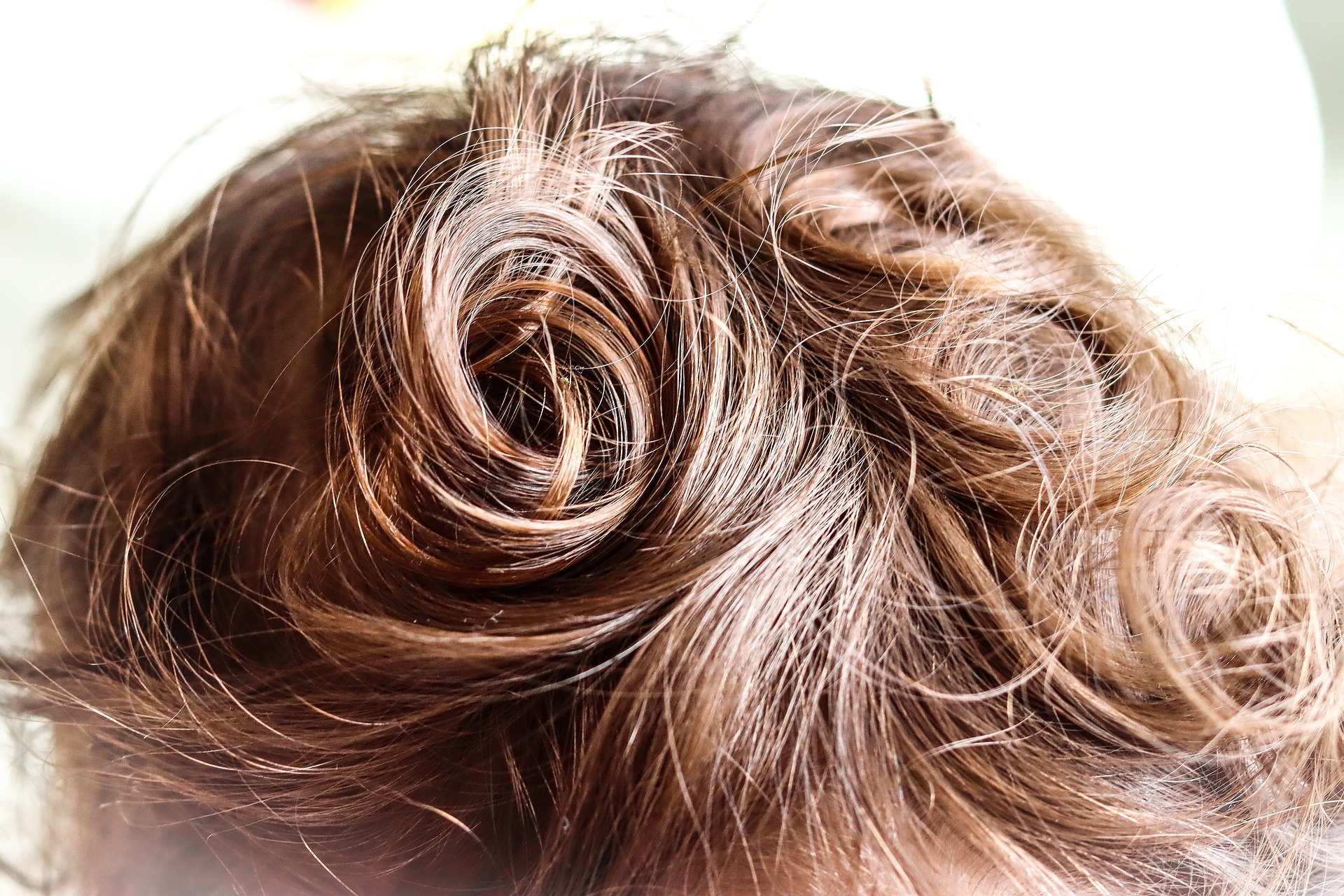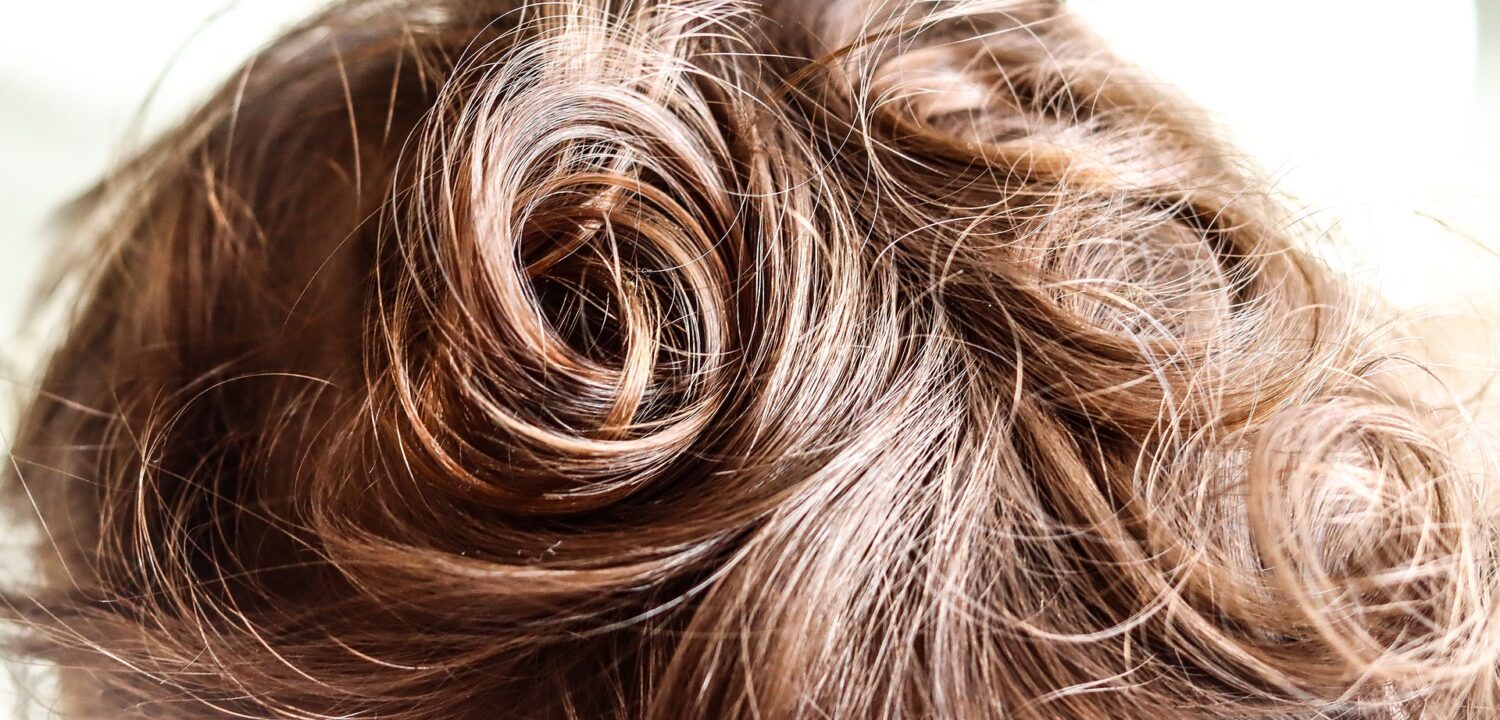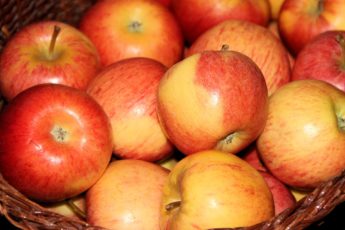5 Vitamins Should Be In Your Diet For Hair Growth

The human appearance both for men and women with dense and shiny hair is natural, normal, and attractive. Hair has enormous social significance and beauty concerns from time immemorial to the contemporary period.
As per a study by Etcoff (1999) hair that is strong, shiny, and healthy represents good reproductive and physical health especially of women. Usually, men are more attracted to women with good hair health as attractive hair is perceived at a young age for women.
Almost all hair products along with natural and organic hair growth remedies propose a few basic ingredients or minerals. These fundamental ingredients and minerals create and strengthen hair follicles leading to healthy hair growth and protection. You might face hair loss or hair pigmentation (early greying of hair) due to lack of these vitamins.
Below is the description of these essential elements that are responsible for your hair health.
1- Vitamin C
Vitamin C is one of the primary minerals that nurture hair health. Vitamin C has rich antioxidant properties and so it prevents hair fall and gray hair in a premature stage. Vitamin C also protects your hair from becoming dry and coarse-looking.
Vitamin C or popularly called ascorbic acid plays a crucial role in the production of collagen which makes the hair dense and thicker. Eventually, Vitamin C is not only beneficial for your hair health but essential for the overall health of your body.
Ascorbic acid is a water-soluble mineral that can never be stored in the body. Therefore, you need to supply Vitamin C regularly to your body. This essential and valuable mineral was discovered in 1932 while searching for remedies to counter scurvy, a deadly disease that killed more than 2 million sailors between 1500 AD and 1800 AD. Vitamin C is inevitably essential for the following systems of your body.
-
Immune system
-
Nervous system
-
Cartilage
-
Bone
-
Blood
-
Brain
-
hormone
What are the sources of Vitamin C?
Following are the sources of vitamin C-
-
Citrus such as lemon, oranges, grapefruit, kiwi, etc.
-
Strawberries and bell peppers
-
Tomatoes, white potatoes, and other cruciferous vegetables such as cauliflower, cabbage, broccoli, brussels sprouts, etc.
2- Biotin
Biotin is an essential mineral that promotes hair health and protects hair fall. Biotin is also known as vitamin B7 and is counted as one of the members of the vitamin B group. Like other vitamins, Biotin is a water-soluble mineral. This mineral is also popularly called vitamin H that stands for “Hair and Skin” and has an important role in hair, skin, and nail growth.
Biotin is technically a basic protein that improves the infrastructure of keratin in your body. However, whatever the biotin you receive from your daily food consumption is thought to be enough for its purpose of keratin production. The result of everyday intake of extra biotin is yet to be known by further research.
On the other hand, Biotin deficiency results in hair loss, and often with red rash around the eyes, mouth, and nose. But these incidents are rare and seldom take place in pregnant women, children, and people who consume alcohol heavily. You should take an adequate amount of Biotin to prevent hair loss and skin issues.
What are the sources of Biotin?
Below foods are rich in Biotin:
-
Liver and mushrooms
-
Cauliflower and soybeans
-
Almonds, lentils, and beans
-
Whole grains and nuts
3- Zinc
Zinc contributes to the growth of hair tissues and plays an important role in repairing damaged hair. Besides, zinc keeps the oil glands of the follicles active and work appropriately. In the case of zinc deficiency, you will experience severe hair loss. However, several studies have found out that too much zinc can also lead to hair loss. Therefore, it is good for you to avoid taking extra zinc from external sources but to fulfill the need for zinc from zinc-rich foods of your daily food consumption.
What are the sources of Zinc?
Below are the foods that are rich in zinc-
-
Beef, oysters, and spinach
-
Lentils, pumpkin seeds, and wheat germ, etc.
4- Niacin
Niacin belongs to the vitamin B family and is called vitamin B3 and helps in the production of keratin that plays a key role in hair growth. Niacin is essential because it helps in rebuilding keratin. Your hair becomes thin and weak because of keratin deficiency and here the role Niacin begins which rebuilds keratin. Niacin also helps the scalp by nourishing it and keeping hydrated.
What are the sources of Niacin?
These are the primary sources of Niacin-
-
Wheat, corn, avocados, and legumes
-
Green leafy vegetables
-
Tuna, yeast, milk, and poultry
-
Chicken breast, and redfish
5- Iron
Iron is most essential not only for your hair but for overall health because it carries oxygen and reaches the same to each cell in your body. Eventually, iron reaches oxygen to the roots of your hair and helps the hair grow longer, healthier, and faster. Insufficient iron or iron deficiency can result in hair loss.
What are the sources of Iron?
Below foods are rich in iron:
-
Beans, clams, and lentils
-
Pumpkin seeds, and oysters
-
Beef and sesame seeds
Conclusion
Besides other minerals, the entire vitamin B family such as B1, 3, 5, 6, 7, 12, etc. are the essential nutrients for healthy hair. These vitamins prevents the production of DHT hormones around follicles that are responsible for hair loss.




